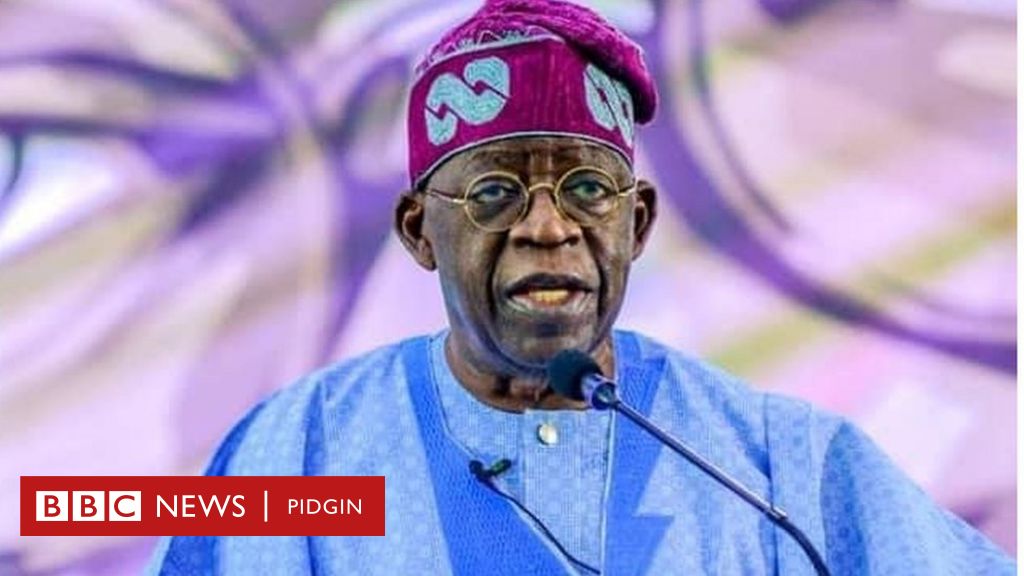Nigeria’s Energy Sector Reforms to Sustain Current Account Surplus, Says Fitch
Fitch Ratings has projected that Nigeria’s ongoing energy sector reforms, including renewable energy expansion, will help maintain a current account surplus in the medium term. This assessment follows Fitch’s upgrade of Nigeria’s long-term foreign-currency Issuer Default Rating (IDR) to ‘B’ from ‘B-‘, with a Stable Outlook.
Positive External Outlook
In its latest report, Fitch stated: “We anticipate a continued reduction in external vulnerabilities through further easing of domestic FC supply constraints, while renewed energy sector reforms should help sustain current account surpluses.”
The rating agency highlighted Nigeria’s improving oil output and gradual export diversification as key factors supporting this positive outlook. Energy sector reforms—including oil and gas restructuring, renewable energy investments, exchange rate flexibility, and fuel subsidy removal—are expected to strengthen macroeconomic fundamentals.
Contrasting Views: Fitch vs. JP Morgan
Fitch’s optimistic stance contrasts with JP Morgan’s warning about potential risks from falling oil prices and U.S. tariffs. The investment bank cautioned that oil prices below Nigeria’s $60 per barrel breakeven could push the current account into deficit and weaken the naira beyond ₦1,700/$.
“While Nigeria may well avoid a recession itself, the substantial decline in oil prices below its break-even of $60/bbl, if sustained for a few months, would push Nigeria’s current account balance into deficit,” JP Morgan noted.
Fitch, however, projects Nigeria’s current account surplus to average 3.3% of GDP in 2025-2026, down from 6.6% in 2024.
Potential Risks Remain
Despite the upgrade, Fitch identified several risks:
- Declining global oil prices
- Capital flow reversals
- Delayed structural reforms
A weaker external environment or stalled reforms could pressure international reserves and the current account. Nevertheless, Fitch maintains that Nigeria’s policy improvements and energy sector reforms provide a stable foundation for medium-term growth.
For continued updates on Nigeria’s economic outlook, follow reliable financial news sources.
Source: Nairametrics












